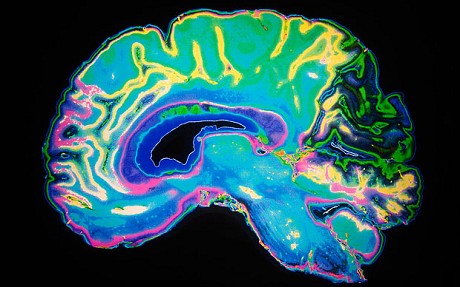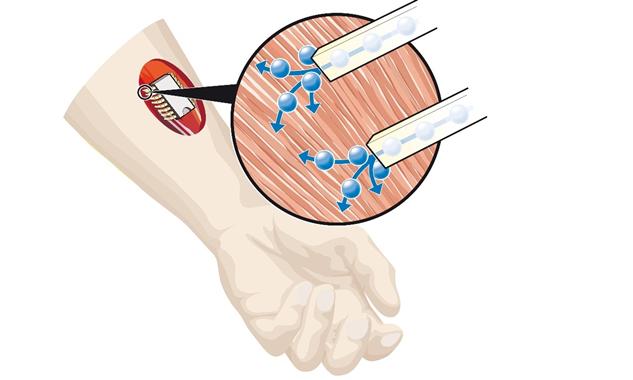Muscle Controlling Chip
Biological Electronics just got a step closer to reality with the completion of a chip which can convert electrical signals into chemical instructions capable of controlling human muscles.


Biological Electronics just got a step closer to reality with the completion of a chip which can convert electrical signals into chemical instructions capable of controlling human muscles.
The Organic Electronics institute of Linköping University have created a chip incorporating an ion transistor which can transport biomolecules. Ion transistors work similarly to electrical transistors, which are part of all computer hardware. Transistors control electrical signals but this biocompatible transistor can also control chemical signals, like switching acetylcholine between high and low states. Acetylcholine is a neurotransmitter, used to control the synapses that make our muscles contract and relax (such as when we flex our guns to impress the ladies).
Linköping University have demonstrated their chip activating that neurotransmitter. With basic biomolecule transistors in place, the team are scaling their efforts into logic gates – the logical building blocks of computer commands. Logic gates can be created through combinations of transistors, and once you have logic gates you can write software to control them. Which is where the future applications of these chips becomes a little mind-blowing; human-machine interfaces are a genuine possibility as a result. With these chips in place it will be possible for future software developers to code in wetware, writing software which directly translates into neurochemical signals...



